OTHER TITLES IN
THE INFINITE SUCCESS SERIES
Adam Smiths The Wealth of Nations
Benjamin Franklins The Way to Wealth
Bertrand Russells The Conquest of Happiness
Carl von Clausewitzs On War
Charles Mackays Extraordinary Popular Delusions and the Madness of Crowds
Frank Bettgers How I Raised Myself from Failure to Success in Selling
George S. Clasons The Richest Man in Babylon
Karl Marxs Das Kapital
Miyamoto Musashis The Book of Five Rings
Napoleon Hills Think and Grow Rich
Niccolo Machiavellis The Prince
Ralph Waldo Emersons Self Reliance
Robert Colliers The Secret of the Ages
Samuel Smiless Self-help
Sun Tzus The Art of War
FRED SCHWEDS
WHERE
ARE THE
CUSTOMERS
YACHTS?

A MODERN-DAY INTERPRETATION
OF AN INVESTMENT CLASSIC
BY LEO GOUGH
Copyright Infinite Ideas Limited, 2010
The right of Leo Gough to be identified as the author of this book has been asserted in accordance with the Copyright, Designs and Patents Act 1988.
First published in 2010 by
Infinite Ideas Limited
36 St Giles
Oxford, OX1 3LD
United Kingdom
www.infideas.com
All rights reserved. Except for the quotation of small passages for the purposes of criticism or review, no part of this publication may be reproduced, stored in a retrieval system or transmitted in any form or by any means, electronic, mechanical, photocopying, recording, scanning or otherwise, except under the terms of the Copyright, Designs and Patents Act 1988 or under the terms of a licence issued by the Copyright Licensing Agency Ltd, 90 Tottenham Court Road, London W1T 4LP, UK, without the permission in writing of the publisher. Requests to the publisher should be addressed to the Permissions Department, The Infinite Ideas Company Limited, 36 St Giles, Oxford OX1 3LD, UK, or faxed to +44 (0) 1865 514777.
A CIP catalogue record for this book is available from the British Library
ISBN 9781906821333
Brand and product names are trademarks or registered trademarks of their respective owners.
Designed and typeset by Cylinder
Printed and bound in Great Britain

INTRODUCTION
In 1940 Fred Schwed, a stockbroker whose father had lost everything as a short seller on Wall Street during the Roaring Twenties, published this timeless classic on how the stock market really works. Schwed, a pleasure-loving, cultured man who had been expelled from Princeton University in his final year for entertaining a lady in his room after 6pm, had a deep understanding and few illusions about the world of investment. He had seen the ups of the 1920s boom and the downs of the 1930s Depression, and his insight into the psychology of investment professionals and their customers is as relevant today, in the current financial crisis, as it was in 1940.
The title of his book, Where are the Customers Yachts?, refers to an old joke: a tourist is being shown all the fancy boats in the harbour, and is told, These are the bankers yachts, and these are the stockbrokers yachts. When he asks, innocently, Where are the customers yachts? he is told that there arent any (in other words, the customers have not got rich from the stock market).
Schwed is very far from being a cynic, however. He is not saying that investment is pointless, or that private investors never make any money. Rather, he is casting doubt on the ability of the financial services industry to provide any really valuable advice to its customers.
In recent decades great strides have been made in the theoretical understanding of financial markets, but Schweds wisdom, developed long before the days of hedge funds and exotic derivatives, still holds true. Theres a humorous gem on almost every page that strikes a very familiar chord, from the story of the highly paid economist who lugs huge briefcases full of documents to conferences (but never opens them), to the gentle dig at the tendency of analysts to develop a prose style which would make a nineteenth century German metaphysician envious.
Fred Schwed had a sneaking fondness for that wretched old hag, the capitalistic system; in his view, its much better than the alternatives. His central point is that markets are unpredictable. That doesnt matter if youre investing for the long haul, because all the major stock markets perform well in the long term its trying to do better than average, says Schwed, that causes all the trouble.
The follies, the frauds, the fads and the scandals of today are remarkably similar to the ones in Fred Schweds day. That shouldnt come as a huge surprise, when you read the way that this charming, sophisticated writer deals with the issues of the 1930s and 40s, the truth of the axiom that people never seem to change really hits home. As Michael Lewis says in his foreword to the 1995 edition, I like to think that when I first stumbled across this delightful little book the ghost of its author stumbled right along with me, with a gin and tonic in his hand. Reading Schweds book is like meeting a friend, and its a great feeling to realise that not everyone in the markets, then or now, is a money-obsessed barbarian.
| INCREASING YOUR SAVINGS
INCOME THE WRONG WAY |
Suppose that a family has $100,000 invested in conservative bonds, yielding $3,000 a year: perhaps the time comes when the family feels they can no longer hold their heads up unless little Paula goes to a fashionable finishing school. For that it will be necessary to jack up their income yield to $5,500 Their investment man can arrange the larger yield in a jiffy He simply sells out the conservative bonds and substitutes riskier securities.
Fred Schwed goes on to point out that what Paula learns at finishing school may turn out to be all she has to face life with, if the familys capital is lost in the riskier securities.
DEFINING IDEA
Distrust and caution are
the parents of security.
~ BENJAMIN FRANKLIN
These days, the people who try to live on their investment income are generally already retired. Anyone who can work is usually advised to reinvest their investment income, and not to spend it. This is sensible advice, and it applies to able-bodied retired people too. If you dont have to spend your investment income, dont do it! By adding it to your capital, you will help it to grow, which will potentially give you a larger investment income in the future.
What is really fatal is to try to increase your income by putting your nest egg in riskier investments. British government bonds, for instance, are less risky than, say, Indonesian government bonds. Even before the current financial crisis, it was clear that the high street banks in Britain were likely to be a safer place to deposit money than, say, Icelandic banks, because Britain is a larger and stronger economy than Iceland. The market is aware of these differences in risk. Thats why Indonesian bonds offer a better return than UK government bonds, and why Icelandic banks were offering a better interest rate to depositors than British banks did before the crisis of 2008.
Most of the time, if there are two similar investments and one offers a better return than the other, it is because it is a riskier investment. No one really knows exactly how much riskier it is, of course, but if you are trying to keep your capital as safe as possible so that it can go on paying out an income for many years into the future, dont increase your risk, and DONT move your capital into riskier investments!

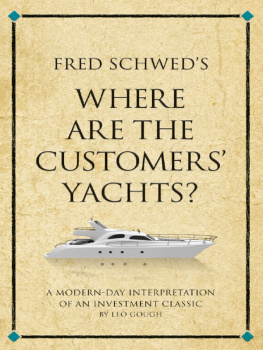



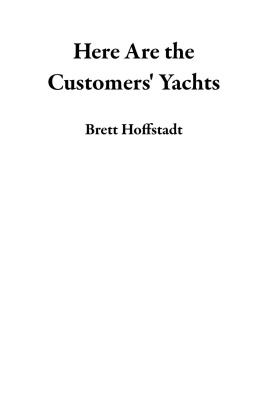
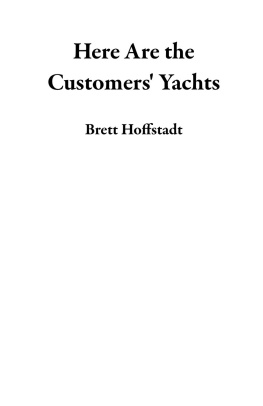
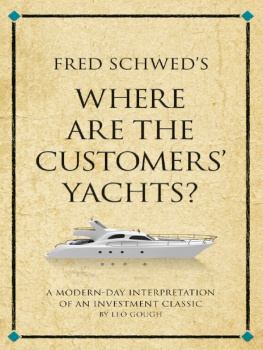
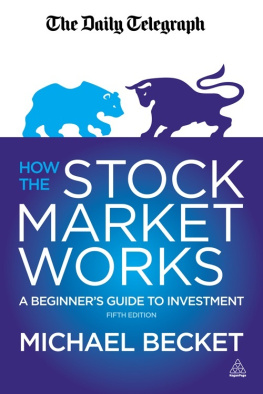
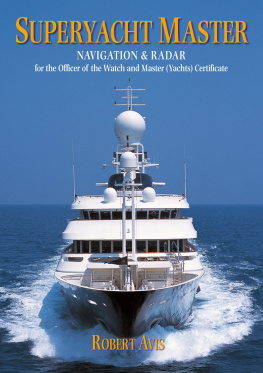

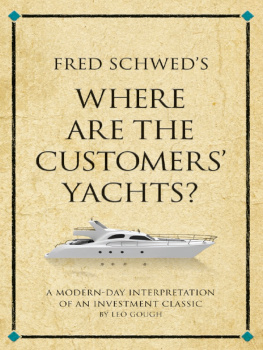


 INTRODUCTION
INTRODUCTION